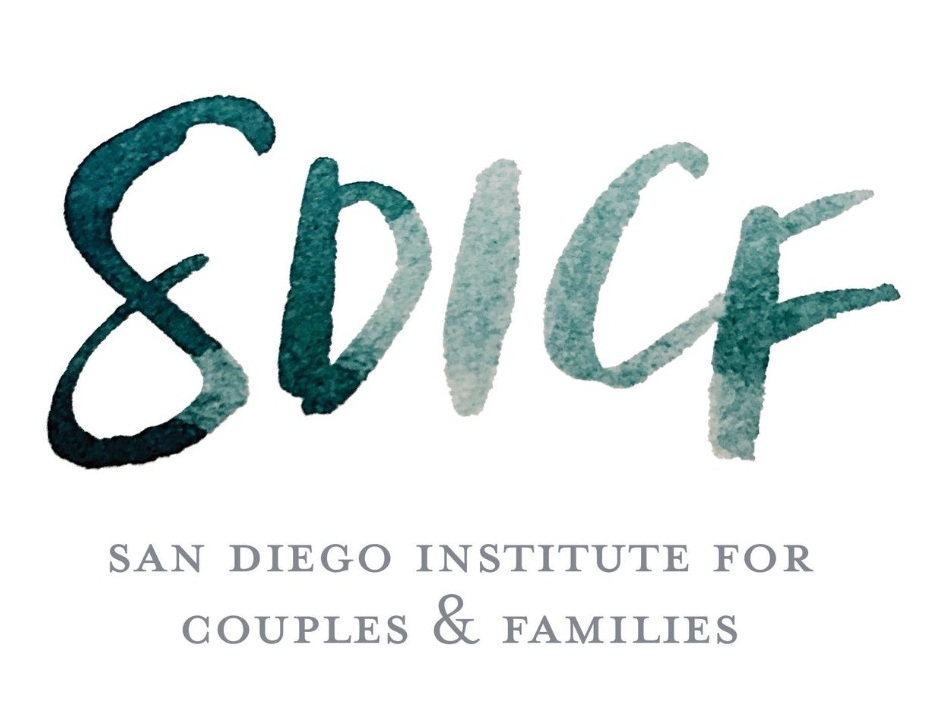By Donna Scott, Licensed Marriage and Family Therapist (dscott@sdicouples.com)
God impressed the need for my upcoming book almost daily as I encounter women who struggle with the trauma of their past childhood sexual abuse. The struggles can be seen in my life, my family, my circle of friends, and in my therapy practice. The damage caused by sexual abuse spans across all cultures, all ages, and all backgrounds as we see evidence splashed across the media. As I wrote the introduction of my book, the #metoo movement was growing in numbers daily. So many women coming forward admitting they were sexually abused. Dr. Christine Blasey Ford testified regarding her experience with sexual abuse during a Supreme Court nominee hearing. For speaking up, she is supported but also condemned as a liar, ridiculed, and mocked. Larry Nasser, the former employee of Michigan State University and U.S. Gymnastics doctor is in prison serving a 40-175 years sentence for molesting his young patients during two decades.
Over 160 of the 265 victimized women came forward to speak at his sentencing. ( "USA Gymnastics doctor 'abused 265 girls'". BBC News. 2018. Retrieved January 31,2018) Gymnast Katie Rasmussen said “No one did anything because no one believed me. They didn't understand how such a respectable doctor would do something like that. And I don't understand how a 14-year-old could make that up.” Physical therapist and former gymnast Marta Stern, saying she originally wanted to remain anonymous “out of fear of how it would affect my life, my loved ones and my career. However, I will no longer let you have control over me. I will not let you win,” she told Nassar. Olympian Jamie Dantzscher looked at Nassar as she said: “Your days of manipulation are over,” she added. “We have a voice. We have the power now.” (https://www.mcall.com/news/breaking/mc-nws-nassar-victims-gymnasts-speak-20180125-story.html)
Do any of these words, thoughts or feelings sound familiar? Can you relate? I know I can. I realize every one of us have a different story to tell. You may not have been abused by your doctor but I’m pretty sure it was by someone you should have been able to trust. A parent, a priest, a teacher, a coach, or like me, your babysitter. Some of you may have tried to tell someone about your abuse but you weren’t believed. You were told perhaps you misunderstood or you made it up or you’re just saying that to try to get someone in trouble. Some of you may have kept silent because you were afraid if people knew what happened to you they would look at you a little different and your life could change for the worse. Many of us want to lock the experience of our abuse in a file, hoping it will never see the light of day ever again. Life goes on, but something triggers the pain. The locked file opens and the trauma caused by the abuse comes roaring to life again. Until we can grab it, and force it back in the file again. In those moments we feel as if we will never healed. Never feel whole. Never truly have control over our lives because the control, along with our innocence, was taken by our perpetrators.
As I have listened to painful story after painful story, I realize there are common threads woven in the painful tapestry of abuse. Those dark threads include difficulty in letting go of the past, feelings of shame, depression, worthlessness, isolation, fear, and discouragement. God desire for us to learn not to let the past abuse define our future. Letting go of the need for self-preservation and trusting others, including God, can seem impossible. I deeply desire to share my story of traveling from victim to victorious. and recognize transformation of the past is possible by giving survivors a better narrative for our lives. In our pain we tend to focus on those dark threads seeing the tangled mess of our lives with little hope for peace. God wants us to change our focus from our perspective to His. You see, God doesn’t just see dark threads when He looks at us. He sees threads of light which include commitment, perseverance, courage, forgiveness, and faith.
Through glimpses of my story of victimization by the hand of my sexual predator, are my coping skills wrapped in isolation, struggling with the guilt and shame and seeking relief in all the wrong places. My desperation lead me to the one person who could help me begin to restore what was broken and tangled in stone, God. God began to help me navigate the blame I believed I deserved, shame, staggering guilt, lost hope, dark depression and vast emptiness I experienced following my abuse. My new mission is to help others who have been hurt and are still hurting from their past. My book will be out in 2020, but until then I will be in my office waiting to help those who long to escape the tangled mess their abuse has caused them.




